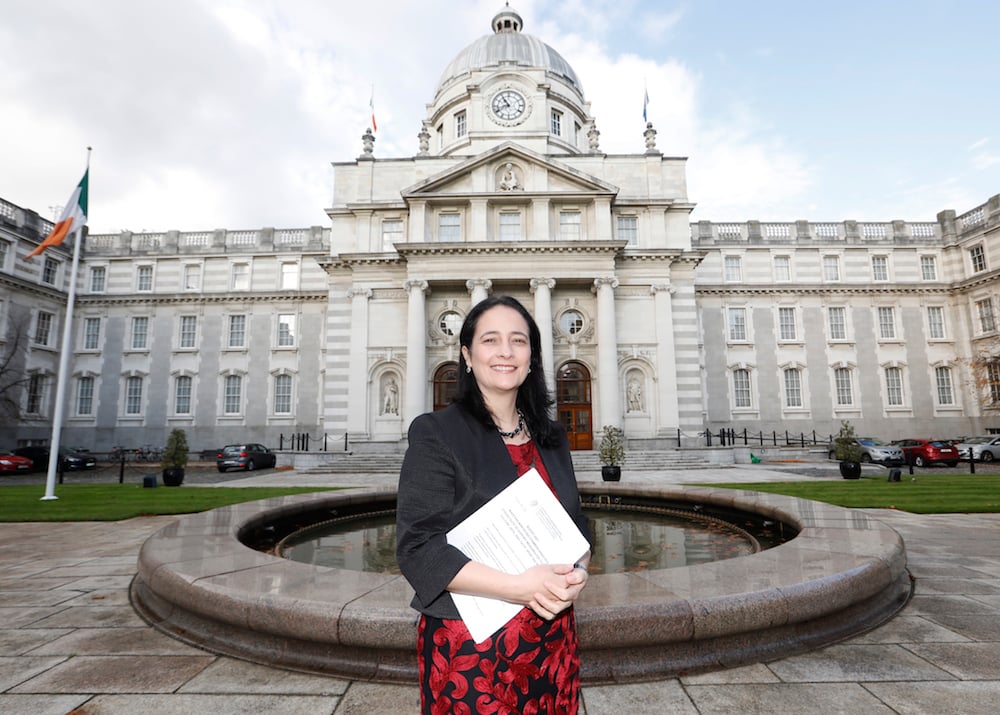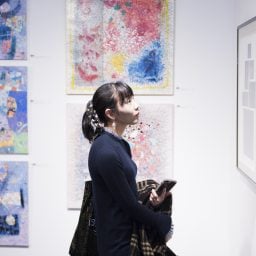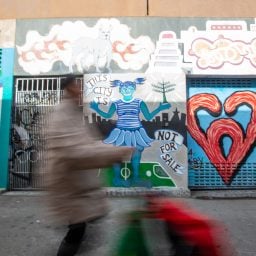Since last October, 2,000 artists and creative workers in Ireland have been receiving weekly checks of €325 ($350) as part of the culture ministry’s new basic income pilot program.
Aiding creatives in their recovery from the economic effects of the pandemic was the impetus for the three-year initiative, but at stake is something bigger: a new and rather radical model for how society values artists’ labor.
Now, six months since the first checks were sent, a new phase of the program begins. The 2,000 participants, who were selected at random from a pool of 8,200 approved applicants, will begin reporting on how their lives have been impacted by the grant money, including its effect on personal expenses, working conditions, time usage, and health.
Data like this will be collected on a biannual basis for the duration of the initiative as the government assesses “how the provision of a basic income might impact on elements of an artist’s or creative arts worker’s life and practice,” according to an announcement published by the department of tourism, culture, arts, Gaeltacht, sport, and media.
Meanwhile, an additional 1,000 creative workers, who are not recipients of weekly grants, have volunteered to report the same information. Together, they’ll form a control group against which the consequences of the pilot program will be measured.
“Participants know too well the precarious and low-paid nature of a career in the arts and my ambition is that the basic income can remove that precarity and allow them to focus on creative practice,” Catherine Martin, Ireland’s culture minister, in a statement.
In 2020, Martin established the Arts and Culture Recovery Taskforce, which, in October of that year, published a report on how the creative sector would rebound from the pandemic. The report’s number one recommendation was to put in place a basic income for the arts policy.
The Irish government approved the trial program in 2021, allocating for it an initial budget of €25 million ($27 million). Today, the budget for the project is €33.8 million ($37 million) a year, according to the New York Times.
“I believe that the scheme and the research program will have a significant impact on the way Ireland supports artists in the future,” Martin, a former singer and street performer, added. “This is truly innovative on a global level and I hope that other countries will follow Ireland’s lead.”
Other governments and organizations have experimented with their own basic income for the arts programs in recent years, too. In late 2020, San Francisco announced plans to give 100 local artists a $1,000 monthly stipend, while last year, the Andrew W. Mellon Foundation launched a three-year $125 million initiative to give $1,000 a month to 2,400 to artists across New York state.









